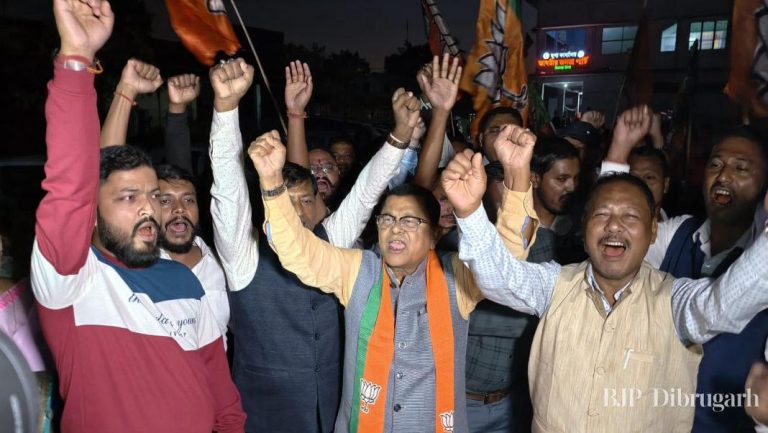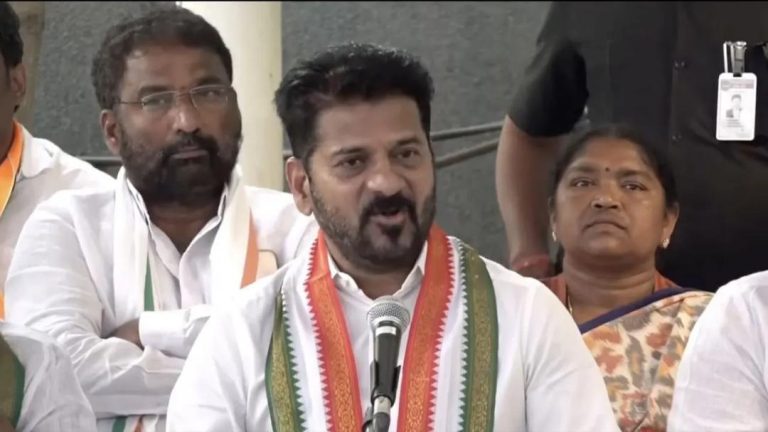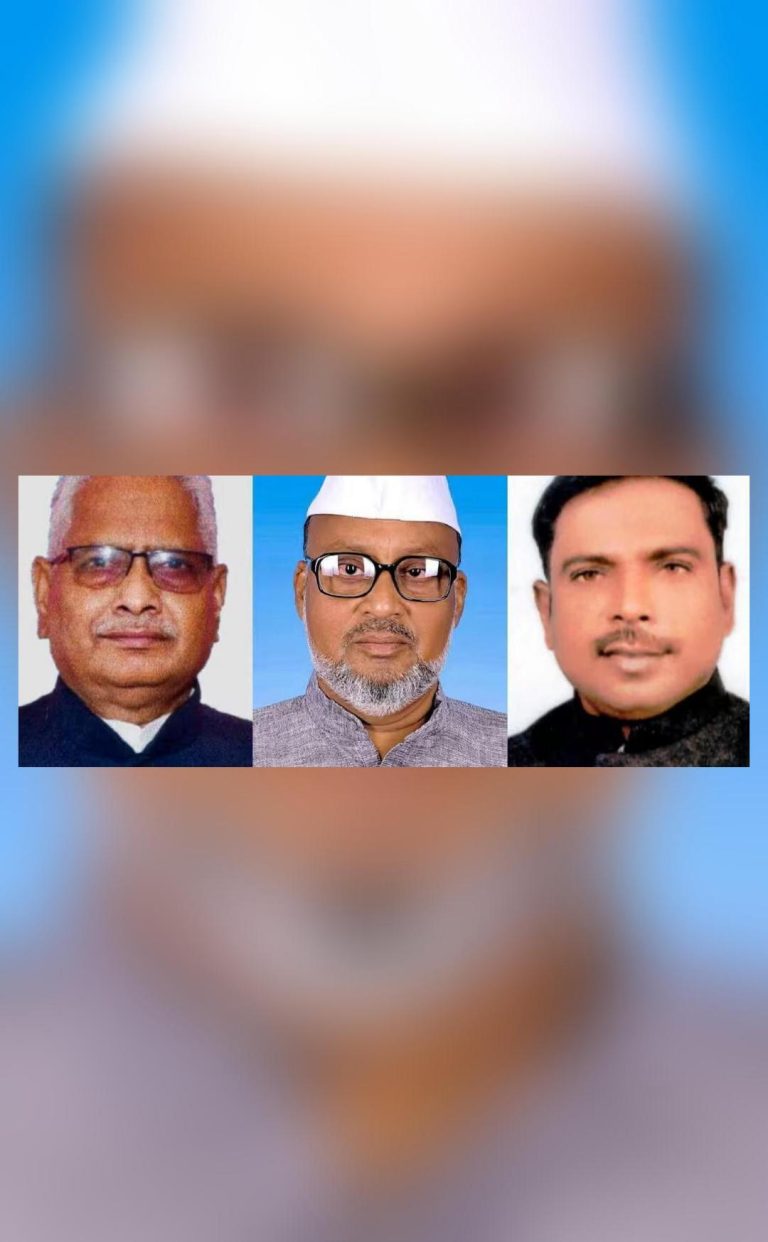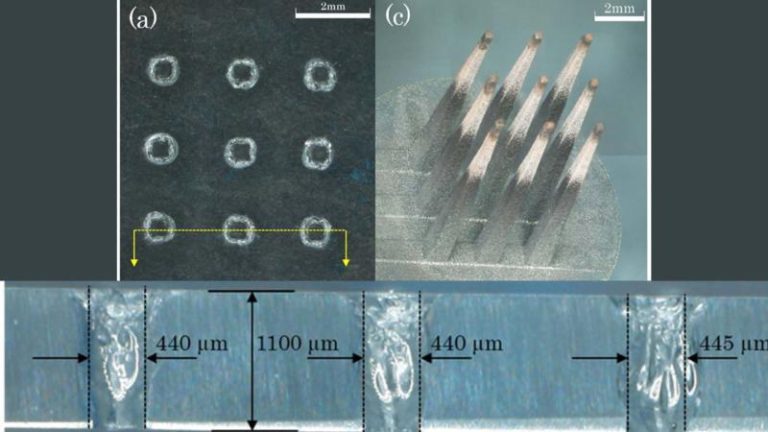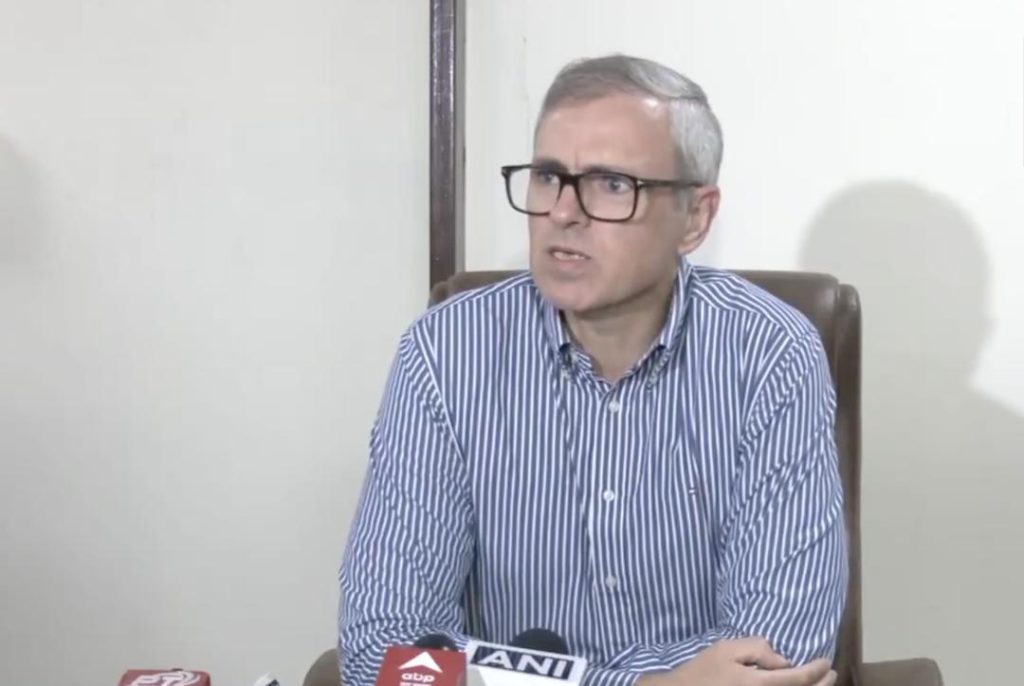
Why should I send water to Punjab?: J&K CM on canal proposal
The Indus Waters Treaty, signed in 1960, is a celebrated agreement between India and Pakistan that governs the sharing of the waters of the Indus River system. However, recent developments have sparked controversy and debate over the distribution of these precious resources. The latest flashpoint is a proposed 113 km-long canal that aims to redirect surplus water from three western rivers of the Indus system in Jammu and Kashmir (J&K) to Punjab, Haryana, and Rajasthan. J&K Chief Minister Omar Abdullah has reacted strongly to the proposal, questioning the logic behind diverting water from his state to other regions.
In a recent statement, Omar Abdullah expressed his reservations about the canal project, saying, “Why should I send water to Punjab? Punjab already had water under the Indus Waters Treaty.” He went on to ask a poignant question, “Did they give us water when we needed it?” Abdullah’s comments have sparked a heated debate, with many questioning the fairness and sustainability of the proposal.
The proposed canal is intended to redirect water from the Chenab, Ravi, and Beas rivers, which flow through J&K, to the parched regions of Punjab, Haryana, and Rajasthan. The project is expected to benefit the agricultural sectors of these states, which have been facing severe water scarcity in recent years. However, Abdullah is not convinced that his state should sacrifice its own water resources to benefit others.
Under the Indus Waters Treaty, India is entitled to use the waters of the western rivers, including the Chenab, Ravi, and Beas, for non-irrigational purposes such as drinking water, hydropower generation, and industrial use. However, Pakistan has long been critical of India’s use of these waters, claiming that it is violating the treaty by building dams and diverting water from the rivers.
Abdullah’s outburst is not just about the canal project; it is also a reflection of the long-standing water disputes between India and Pakistan. The Indus Waters Treaty has been the subject of much controversy and tension over the years, with both countries accusing each other of violating its provisions. The treaty has also been criticized for being outdated and inadequate in addressing the growing water needs of the region.
The proposed canal project has its roots in the 2012 Water Accord between the Indian government and the governments of Punjab, Haryana, and Rajasthan. The accord aimed to resolve the long-standing dispute over the sharing of the waters of the western rivers, but it has been criticized for being unfair to J&K. The state has always maintained that it is entitled to a larger share of the water resources of the western rivers, given its unique geography and water requirements.
Abdullah’s comments have also highlighted the need for a comprehensive review of the Indus Waters Treaty and the water-sharing agreements in place between India and Pakistan. The treaty was signed in an era of relative peace and cooperation between the two countries, but it has been tested by the tensions and conflicts of the past few decades. In the current context, it is essential to reassess the treaty’s provisions and ensure that they are equitable and sustainable for all parties involved.
In conclusion, the proposed canal project has sparked a heated debate about water sharing and distribution in the region. While the project aims to benefit the agricultural sectors of Punjab, Haryana, and Rajasthan, Abdullah’s comments have highlighted the need for a more nuanced and equitable approach to water management. The Indus Waters Treaty must be reviewed and revised to ensure that it is fair and sustainable for all parties involved. Ultimately, the question of why J&K should send water to Punjab is not just about the canal project; it is about the future of water sharing and cooperation in the region.
